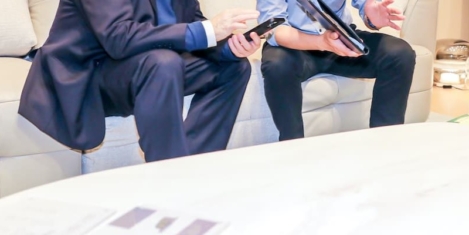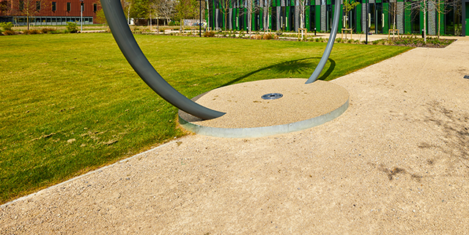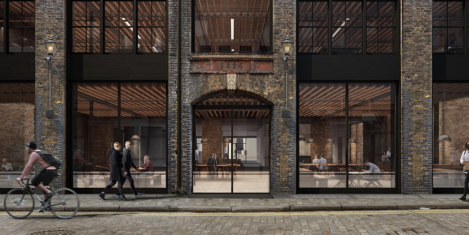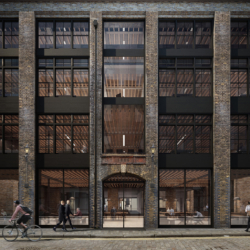May 1, 2024
Hybrid working era means a boom time for workplace apps
 Disseminating information about a building to the people who occupy it has come a long way from a basic, intranet desktop interface with warnings about wet floors or notices about charity fundraising. These days apps promise a much more sophisticated workplace experience, which can be accessed in the palm of your hand. Gartner has a useful definition of workplace apps’ capabilities, stating, “They are used to explore and reserve workspaces, navigate the workplace, find colleagues, plan the best days to attend the workplace, access services and ensure that employees could feel safe in a future post pandemic workplace.” (more…)
Disseminating information about a building to the people who occupy it has come a long way from a basic, intranet desktop interface with warnings about wet floors or notices about charity fundraising. These days apps promise a much more sophisticated workplace experience, which can be accessed in the palm of your hand. Gartner has a useful definition of workplace apps’ capabilities, stating, “They are used to explore and reserve workspaces, navigate the workplace, find colleagues, plan the best days to attend the workplace, access services and ensure that employees could feel safe in a future post pandemic workplace.” (more…)



































April 22, 2024
AI is not coming for your job. But it will make it better
by Barry Murphy • AI, Comment, Technology, Workplace